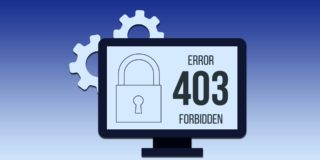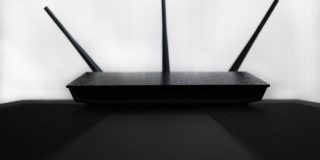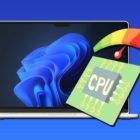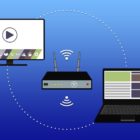What is a VPN connection? Do I Need One?

To answer the question of what a VPN connection is, we first have to start by talking about what a VPN is.
What’s a VPN?
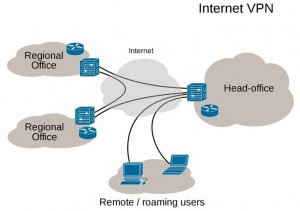
A VPN is a Virtual Private Network. VPNs connect your computer to a private server and encrypts all information passing between your computer and the VPN server. VPNs require access to a public network- The Internet- but privatize the data travelling through them, hence their name as a virtual private network.
Benefits of a VPN Connection
So, what’re the real benefits of using a VPN connection?
- Your data is safe. Even on a public network, VPNs protect you from data snooping that could result in valuable personal information being stolen from you over Wi-Fi. Nobody can see your data except you.
- Nobody can snoop into your business. VPNs also shield the contents of your downloads and browsing from ISPs and government agencies alike, allowing you to avoid censorship, ISP penalties and other concerns. Do note that what you’re doing on the public Internet is still available for third parties, though.
Those are the main benefits: better privacy and avoiding censorship/ISP penalties. Here’s a few downsides, too:
- VPNs can be slower than your normal connection. Don’t expect your speeds to be maxed out on a VPN, unless you’re paying really good money for it. On that note…
- VPNs come at a price. Most quality VPNs will charge for their services, and if you don’t have any extra money laying around that could be a concern.
So, you want privacy and security, and you’re willing to pay for it. What are your options for VPN providers, and how do you go about using them in the first place?
Using A VPN Connection
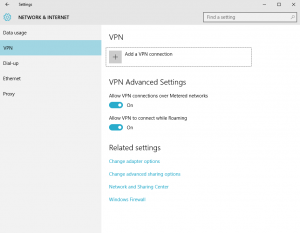
VPN connections typically require a login and password once you’ve purchased the service. Some solutions may also require you to install specialized software, but this step can be avoided if you have an operating system that supports VPN sign-in, like Windows 10.
Once you’re using a VPN (through either OS or application) be sure to make sure it’s actually working! Use Google to see if your location can still be found, and also see if your IP address has changed or not. If you don’t notice any changes, your VPN hasn’t been configured properly.
A Few Providers To Consider
Finally, you might be wondering what VPN providers you should go to. I’d recommend staying far away from free and lesser-known VPN providers. I recommend picking from one of three most popular, which I’ll be listing below:
TotalVPN
- Price: $4.99/mo
- Cheap and easy to use, but with notably low speeds.
Private Internet Access
- Price: $6.95/mo
- Slightly more expensive, but with the benefits of better speeds, and an easy to use interface. This comes at the penalty of some other features, like specific server selection.
NordVPN
- Price: $8.00/mo.
- Quite expensive compared to the variety of cheaper options available. Offers great multiplatform support in return, in addition to ease of use. However, it still suffers from speed issues, like many VPN services.
Writer’s Note: As this article was written in mid 2016, some of this information may have changed when you read this. Keep that in mind, and don’t hesitate to do your own research!




